22. July 2025
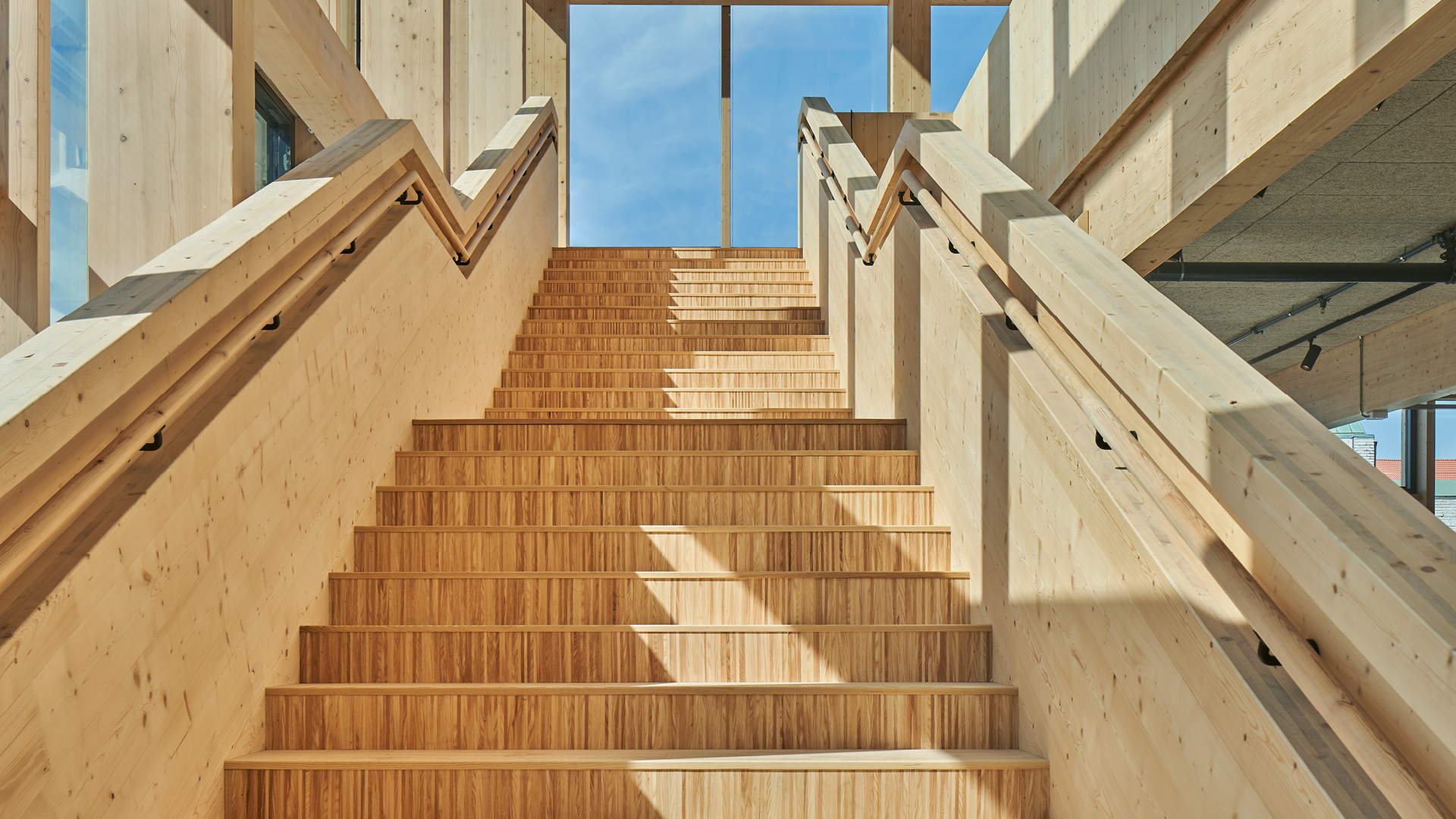
Josefine Alstrup
For decades, Danish architecture has been shaped, quite literally, by concrete. But the shift toward timber construction is gathering real momentum.
Timber is Rising – Denmark Embraces a Greener Future in Architecture
For decades, Danish architecture has been shaped, quite literally, by concrete. But as sustainability becomes more than just a buzzword, the shift toward timber construction is gathering real momentum.
Architects such as C.F. Møller are leading the way, drawing on extensive experience from neighbouring countries like Sweden and Norway, where wood has long been a preferred building material. Now, those insights are being applied at home, with Denmark increasingly open to timber as a low-carbon, renewable solution for the built environment.
At the heart of this transformation is documentation. Tools like EPDs (Environmental Product Declarations) have become standard practice, offering architects and developers the transparency they need to make informed, sustainable choices. These third-party verified documents make it easier to compare environmental impacts across materials and support certification schemes such as DGNB and Nordic Swan Ecolabel.
It’s a professionalisation of sustainability, one that doesn’t just rely on good intentions but on hard data. And it’s a movement we at Hørning are proud to be part of. With certified hardwood floors and detailed documentation at hand, we help build the kind of architecture the future will thank us for.
Source: Breaking timber in Denmark: How, why and what next by John Jervis
Photos by: Åke Eson Lindman
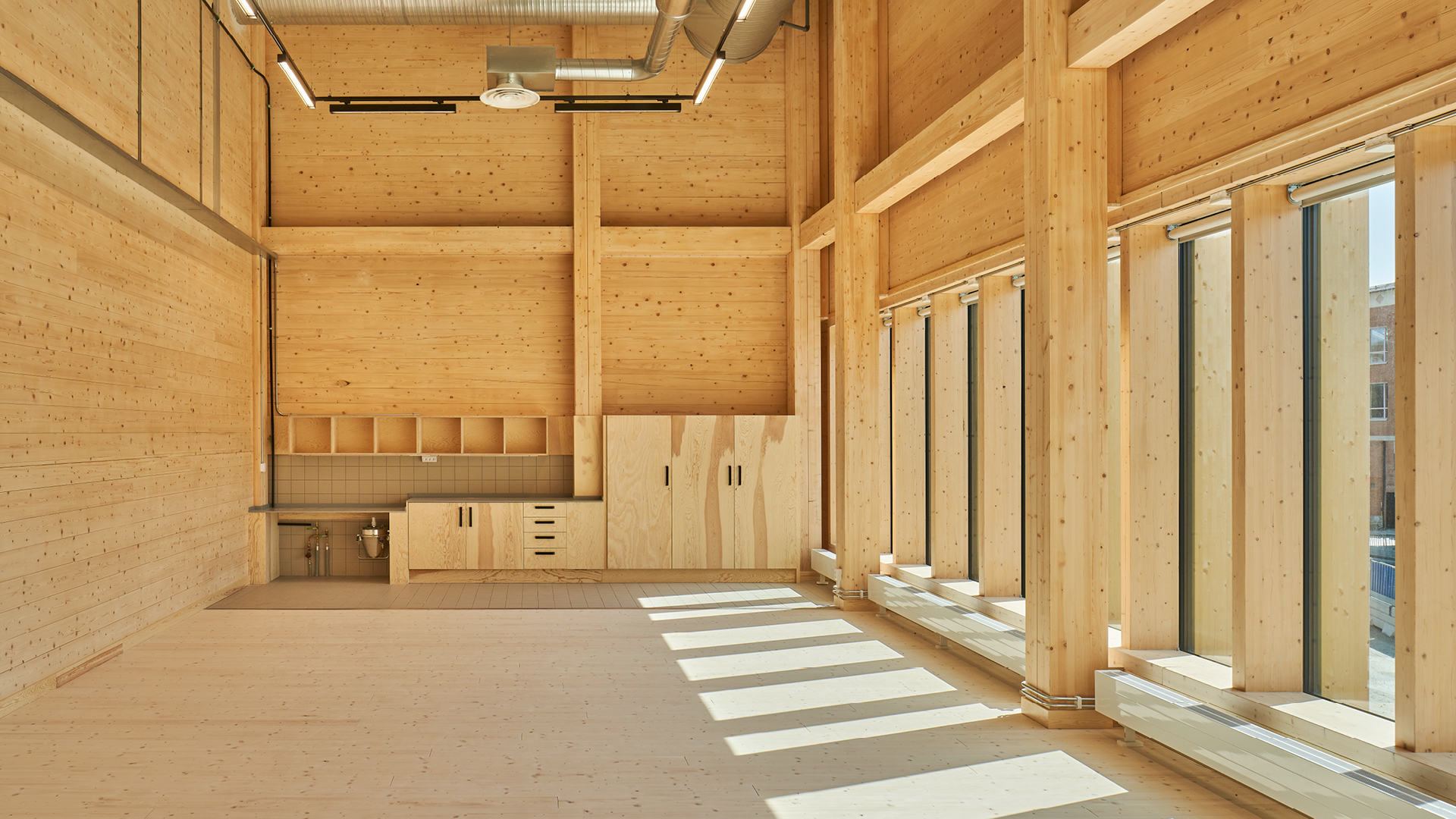
Explore more stories
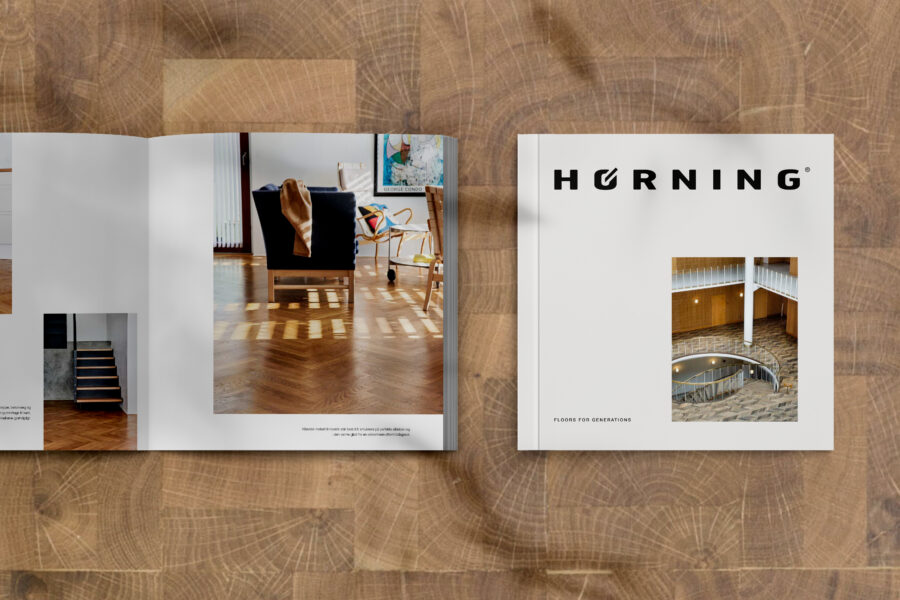
Inspiration For Every Project
06. January 2026
Every great architectural project starts with inspiration. And sometimes, inspiration arrives in the form of a beautifully crafted tool.
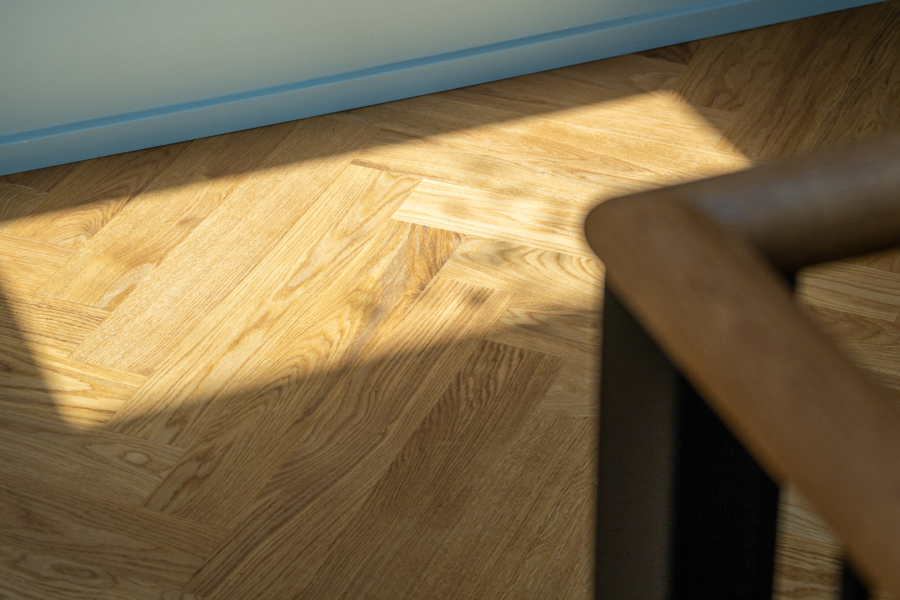
The Enduring Allure Of Herringbone
01. January 2026
Few flooring patterns carry the same architectural presence as the herringbone. Elegant and rhythmic, it has been used for centuries to refine interior spaces.
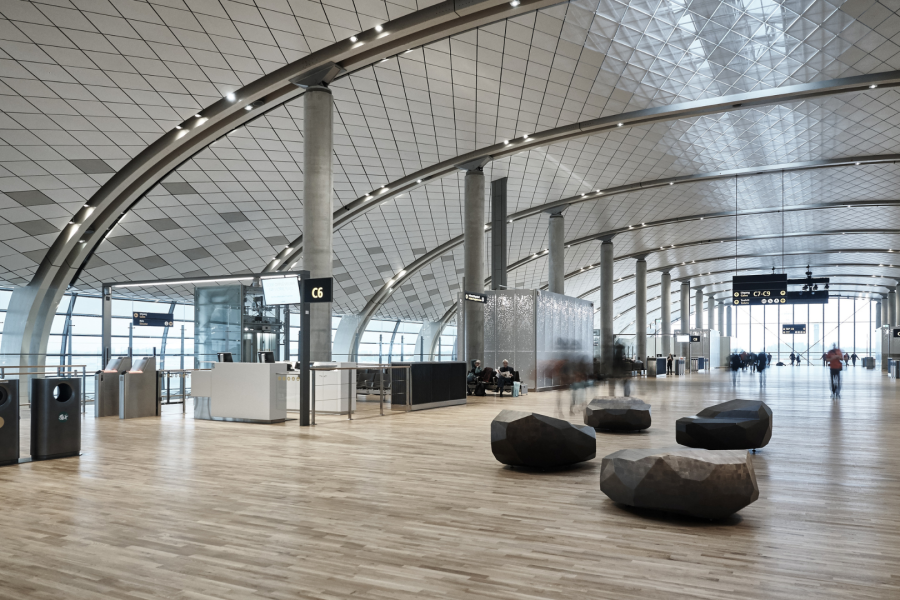
Biophilic Design And Wooden Floors
30. December 2025
For a century, Hørning has safeguarded and refined the Danish tradition of bespoke wooden flooring. A legacy rooted in craftsmanship and longevity.



